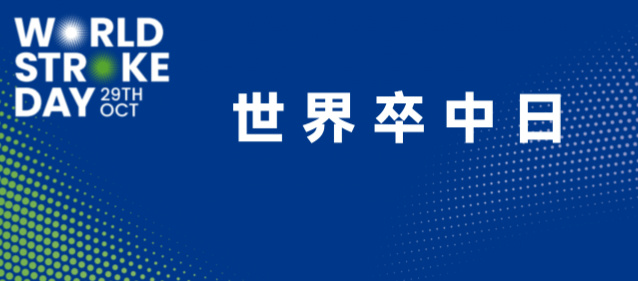[中国心脏大会] 阿托伐他汀对急性前壁心梗QRS长度的影响
[中国心脏大会] 阿托伐他汀对急性前壁心梗QRS长度的影响
The effect of atrovastatin on the QRS duration in the patients with acute anterior ST elevation myocardial infarction undergoing primary agioplasty
Bo Bian, Zheng Wan, Xuefang Yu, Qing Wang, Yuntao Bu, Chunwei Liu
Tianjin Medical University General Hospital, Tianjin 30000, China
Aim To evaluate the value of intensive atrovastatin treatment on changes of QRS duration and ventricular arrhythmia in the patients with acute anterior ST elevation myocardial infarction undergoing primary Angioplasty. Method From December 2009 to December 2011, 150 consecutive patients admitted to the Cardiology Department of Tianjin Medical University General Hospital with the diagnosis of acute anterior STEMI within 12 hours or if cardiogenic shock present within 24 hours from the onset of symptoms and who underwent primary angioplasty of IRA were primarily enrolled in the study. All patients got 300mg Aspirin, 600 mg clopidogrel oral loading and 20mg or 80mg atrovastatin before the interventional diagnosis and treatment. Then a routine standard procedure of coronary angiography (CAG) and percutaneous coronary intervention (PCI) was performed as soon as possible. PCI strategy was made by the individual interventional cardiologist. According to the loading dose of atrovastatin before operation, the patients were divided into 2 groups: routine dose group and intensive dose group, those having 20mg atrovastatin loading before the interventional procedure formed the routine dose group, those having 80mg atrovastatin loading before the interventional procedure constituted the intensive dose group. In routine dose group, patients took 20mg atrovastatin per day after PCI, while in intensive dose group, patients took 40mg atrovastatin per day after PCI. Pre- and postangioplasty thrombolysis in myocardial infarction (TIMI) flow grade was assessed in IRA according to the TIMI classification. The QRS duration in pre- and postangioplasty ECGs were measured manually with the help of a caliper and a magnifying lens in 3 consecutive beats for each of the infarct-related leads. Take the means of 3 consecutive beats. Electrocardiographic monitoring: Record the arrhythmia score from the onset of the operation to the end of primary PCI and from the end of primary PCI to 24hours after PCI in according with Lembeth Convention.
Result Group A: Routine dose group, n=74; Group B: Intensive dose group, n=76. There were no difference between the 2 groups for the comparison of baseline clinical characteristics adjusted for age, gender, body mass index, symptom onset to balloon time, heart rate, history of heart failure, hypertension, diabetes mellitus, smoking, left ventricular ejection fraction, beta-blocker use, calcium-blockers, or angiotensin converting enzyme (ACE) inhibitor use. There are no differences between the two groups in terms of pre-procedure QRS duration (p >0.05). After intervention, QRS duration decreased from 95.93±7.54 to 86.14± 7.22 in group A, from 96.79±8.15 to 85.7±8.17 in group B, paired t test showed the shorting of QRS duration after primary PCI compare to it at administrarion in the two groups were significant (p <0.01). Shortening of ORS duration was more evident in the intensive dose group than the routine dose group (11.09±2.19 vs. 9.8±2.6, p <0.01).The results showed the arrhythmia scores were 2 (1, 2) in routine dose group and 1 (0, 2) in intensive dose group in procedure. In 24 hours after procedure, the arrhythmia scores were 2 (1, 3) in routine dose group and 1 (0, 2) in intensive dose group. Mann-Whitney test showed that intensive atrovastatin therapy before interventional procedure compared with routine dose atrovastatin therapy can signi.cantly reduce the ventricular arrhythmia score in interventional procedure (p <0.01) or in 24 hours after procedure (p <0.01). In routine dose group, There are 6 patients got TIMI Ⅱflow after primary PCI, and the other 68 patients got TIMI Ⅲblood flow. In intensive dose group, there are 3 patients got got TIMI Ⅱflow after primary PCI, and the other 73 patients got TIMI Ⅲblood flow. There were no significant difference (χ2=0.531, p >0.05).
Conclusion The present study supports that intensive administration of atrovastatin in patients with STEMI undergoing primary angioplasty has more intensive effect in shorting the QRS duration and antiarrhythmic effect.



.jpg)


